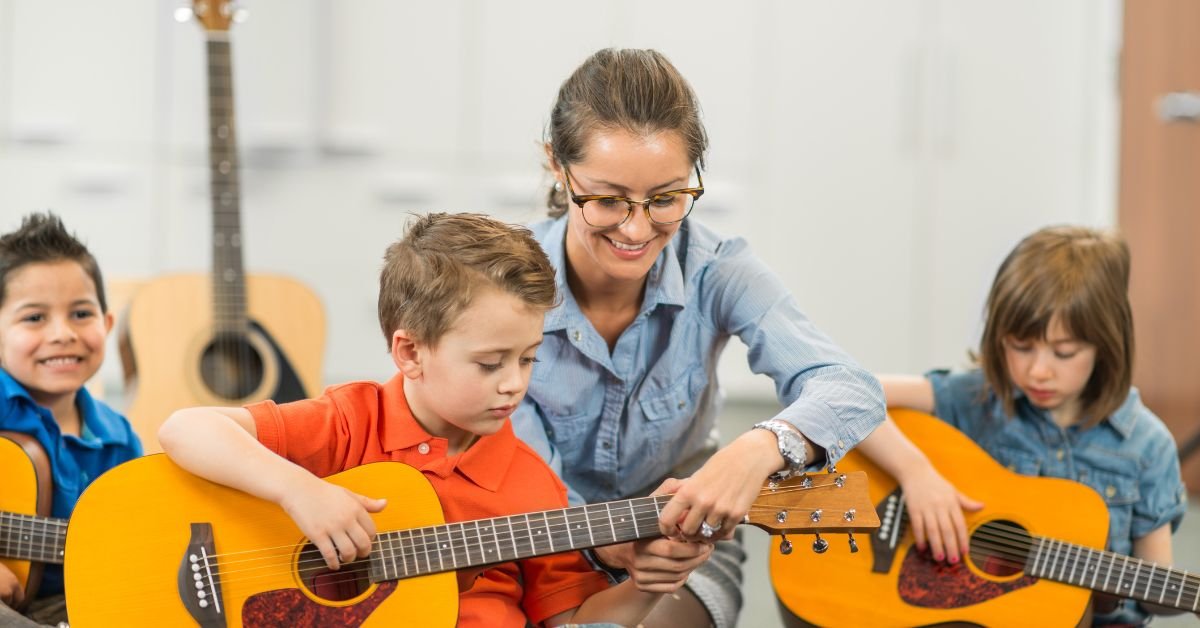Music is a universal language that transcends cultural boundaries and speaks to the soul. Beyond its aesthetic appeal, music has been recognized for its profound impact on child development. In this article, we’ll explore how music classes play a pivotal role in nurturing various aspects of a child’s growth, from cognitive and emotional to social and physical development.
Enhanced Cognitive Abilities:
Participating in music classes stimulates various areas of the brain involved in language processing, spatial reasoning, and memory. Learning to read musical notation, understand rhythm, and play instruments requires intricate neural processing, which in turn enhances cognitive abilities. Studies have shown that children who engage in music classes often exhibit higher academic performance, particularly in subjects like mathematics and language arts.
Emotional Expression and Regulation:
Music is a powerful medium for emotional expression, allowing children to convey their feelings and experiences through melody and rhythm. In music classes, children learn to interpret and express emotions through song lyrics, musical composition, and performance. Engaging with music in a supportive environment fosters emotional awareness and regulation, helping children develop healthy coping mechanisms for managing stress and anxiety.
Fine Motor Skills and Coordination:
Playing musical instruments, whether it’s plucking guitar strings, striking piano keys, or tapping drumsticks, requires precision and coordination. Music classes provide opportunities for children to refine their fine motor skills and hand-eye coordination through repetitive practice and technique refinement. As children learn to control their movements to produce specific sounds, they develop greater dexterity and agility, which can transfer to other areas of their lives.
Social Interaction and Collaboration:
Music classes often involve group activities such as ensemble playing, choir rehearsals, or band performances. Through these collaborative experiences, children learn the value of teamwork, communication, and cooperation. They must listen to others, synchronize their playing, and contribute to the collective sound, fostering a sense of belonging and camaraderie within the group.
Cultural Appreciation and Diversity:
Music is deeply rooted in culture and tradition, reflecting the diverse heritage of humanity. In music classes, children are exposed to a wide range of musical styles, genres, and traditions from around the world. Through listening, singing, and playing music from different cultures, children develop an appreciation for diversity and gain insights into the rich tapestry of human expression.
Boosted Confidence and Self-Esteem:
Mastering a musical instrument or performing in front of an audience can be a transformative experience for children, boosting their confidence and self-esteem. Music classes provide a supportive environment where children can take risks, make mistakes, and learn from failure without fear of judgment. As children progress in their musical journey and receive positive feedback from teachers and peers, they develop a sense of accomplishment and pride in their abilities.





